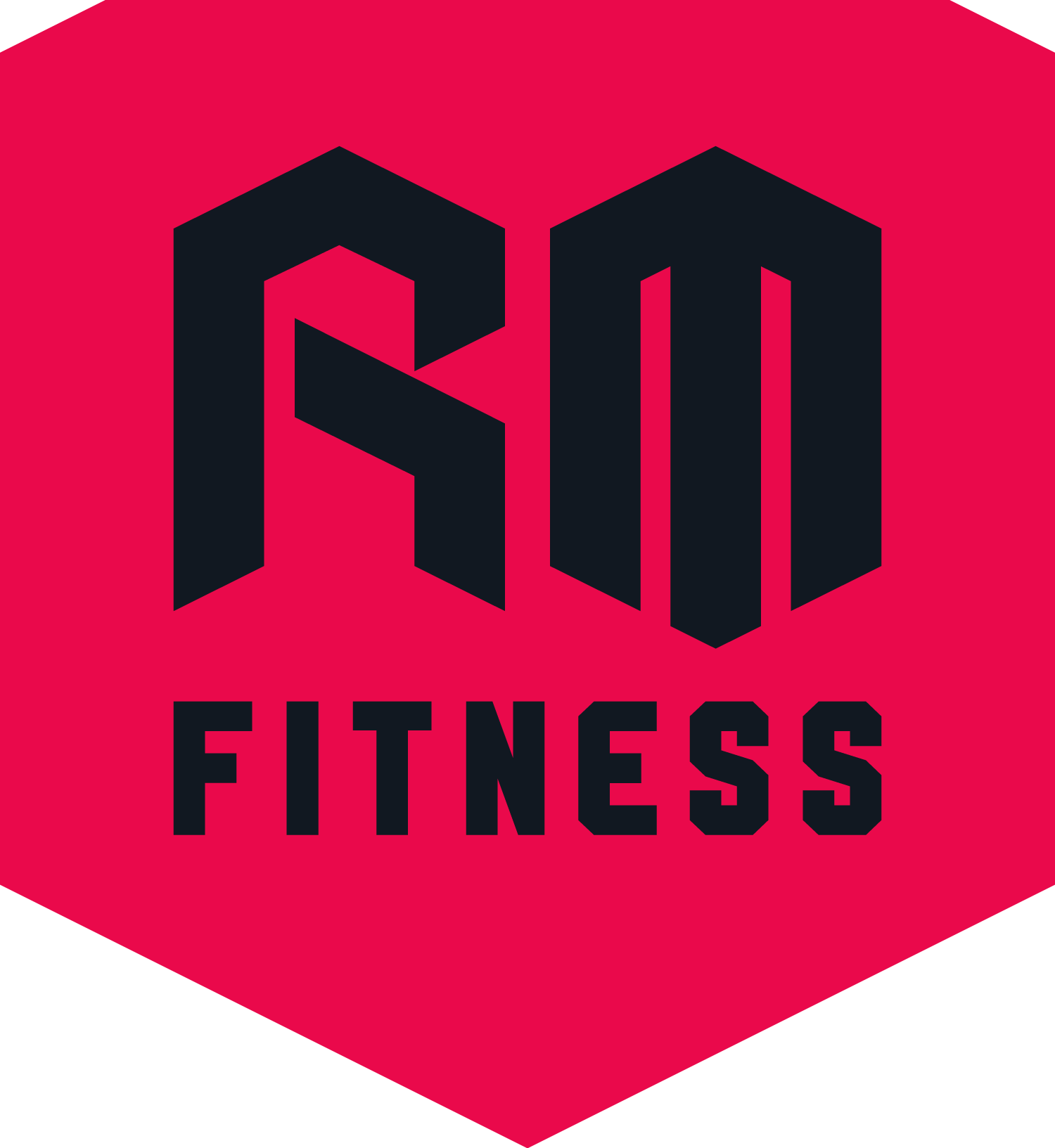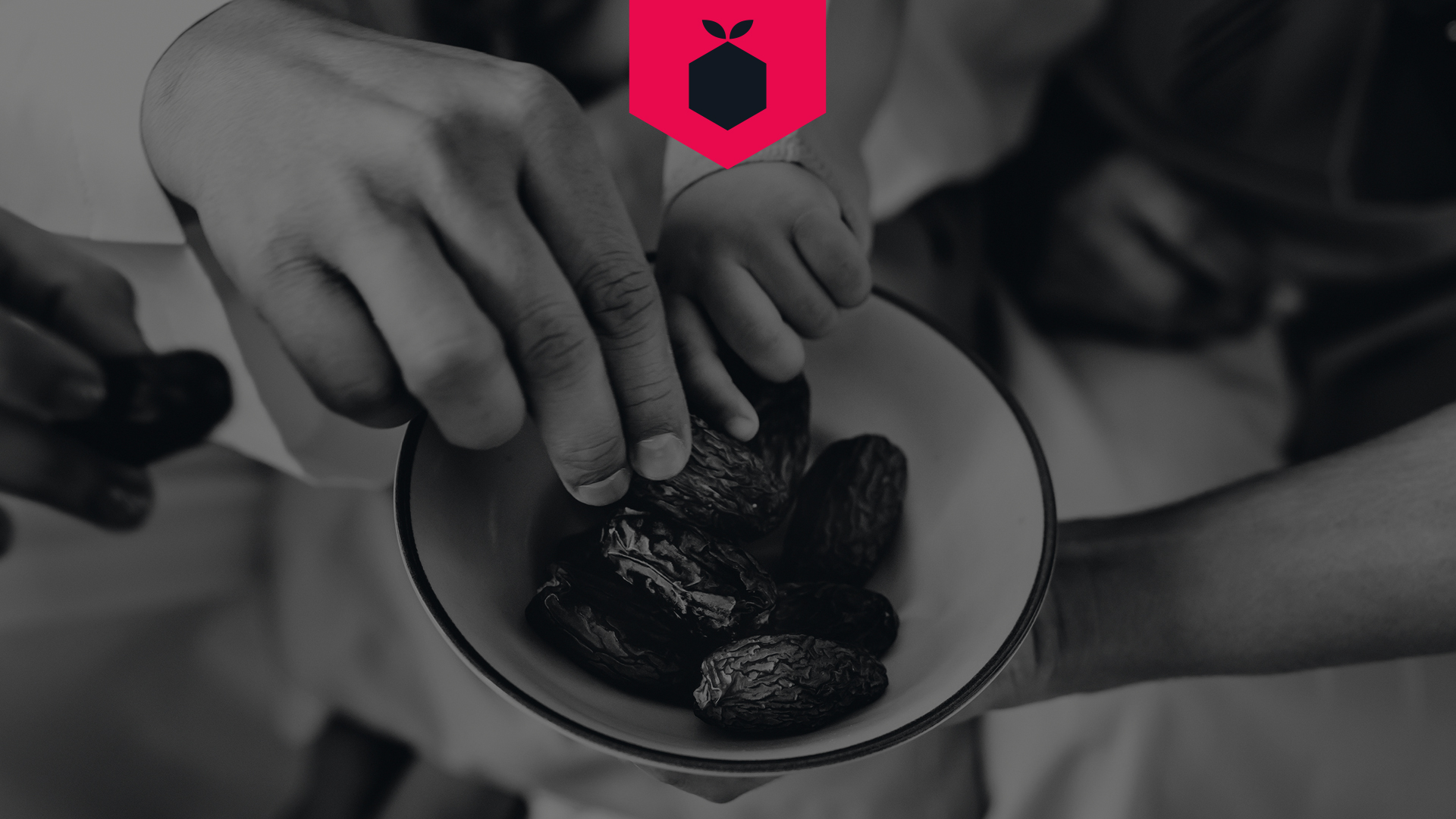PREPARING FOR RAMADAN
We have a number of members at the gym who are currently fasting for Ramadan.
A month long period where no food or drink (including water) is consumed between dawn and sunset. The fasting process can put a huge strain on the body and it can make training and balancing nutrition difficult. However, with a little preparation it’s possible to continue to train safely and still make progress.
To maintain optimum health, strength and prevent muscle loss over the month calories and protein should be kept as close to normal as possible during the non-fasting window. For example, if you would normally eat 2000 calories you should still aim to eat 2000 calories split between your meals e.g. a 1000 kcal meal just before dawn at the start of the fast and another 1000 kcal meal at the sunset at the end of the fast. It can be difficult to cram in the calories if you lack appetite at night/during the early hours so try to choose easy to prepare nutritious foods that you know you enjoy.
Another difficulty can be over eating after a long period of fasting or buying convenience foods lacking in nutrients. Try to avoid reaching for a chocolate bar or ordering a pizza when you’re very hungry after fasting and have some healthy energy dense snacks on hand.
If your aim is to lose weight you should still aim to create a small calorie deficit over the meals that you are eating. Tracking the food that you consume during the non-fasting period in a food diary will help you keep control and ensure that you aren’t under or over eating.
The key to staying on track during this month is PREPARATION and having nutrient dense food that is ready to eat as soon as the daily fast is over. You don’t want to be preparing and cooking too much food late at night or in the early hours.
Meals should be EASILY DIGESTIBLE and PROTEIN PACKED. Protein consumption should be kept high over the month to prevent muscle loss e.g. 1.5-2g of protein per kilo of body weight. Eating high protein meals including meat, fish, pulses and eggs will also help prevent hunger pangs and leave you feeling fuller for longer. If you struggle to hit your protein target try a couple of protein shakes or protein yoghurt.
A good example of a healthy evening meal would be a chicken breast or salmon fillet with brown rice and green vegetables followed by some fruit and yoghurt. If you struggle to eat late at night or before sunrise try a bowl of porridge with some full fat milk and added protein powder or some wholegrain toast with butter and eggs. Dates, bananas and peanut butter are also a fantastic natural source of quick energy and to fit in extra nutrients at the end of fasting (particularly after exercising late in the evening).
It’s really important to drink plenty of water during the non-fasting hours to prevent excessive dehydration during the day. Try to drink between 2-3 litres of water between sunset and sunrise. Maintaining activity, strength work and general exercise throughout the month will also be beneficial and help prevent loss of muscle and fitness. However, don’t go too intense – now is not the time to be trying anything new or going for PBs. Try reducing your weights and the intensity and try training towards the end of the fast when you can go straight home to eat and rehydrate.
This post is written from a nutritional perspective but it would be great to hear tips from anyone who is currently fasting.
Also if you have any questions fire them below.

